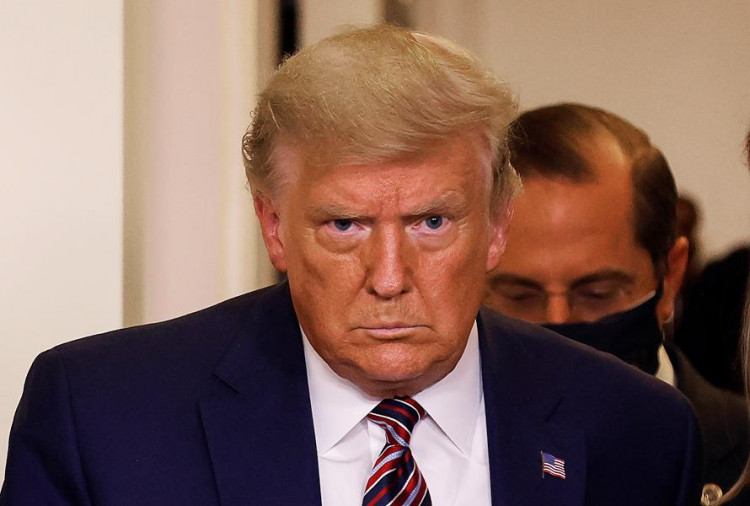In a series of legal filings on Tuesday, former President Donald Trump's attorneys mounted a vigorous challenge to the $83.3 million verdict awarded to writer E. Jean Carroll in her defamation case against him. The filings sought a new trial and a substantial reduction in the damages, citing alleged errors in the handling of evidence and jury instructions during the high-profile trial.
Trump's legal team, led by Alina Habba and John Sauer, filed a motion for a new trial, asserting that relevant evidence had been improperly excluded and that the jury had been "erroneously instructed" on a key component of the case, as reported by CNBC. At the heart of their argument was the contention that Trump's testimony about his state of mind when making the allegedly defamatory statements was unfairly limited.
"This Court's erroneous decision to dramatically limit the scope of President Trump's testimony almost certainly influenced the jury's verdict, and thus a new trial is warranted," the attorneys wrote in their filing. They argued that Trump's testimony about his motivations and intent was "the most relevant and probative evidence" on the issue of common law malice, a crucial factor in defamation cases.
Furthermore, Trump's legal team contended that Judge Lewis Kaplan's jury instruction on common law malice was flawed, as it did not require a showing that "intent to injury was the sole motivation" for the challenged statements, which they claimed is required under New York law.
In a separate filing, Trump's attorneys sought a judgment in their client's favor, asserting that Carroll failed to establish that Trump's statements caused her any harm. "It is readily apparent that the jury's findings were based on 'confusion, speculation or prejudice' as opposed to the 'evidence presented at trial,'" they argued.
Roberta Kaplan, Carroll's attorney, declined to comment on the filings.
The filings also challenged the magnitude of the damages awarded, characterizing the $11 million award for reputational harm as "disproportionately high" compared to similar cases. Trump's attorneys cited case law that they claimed could reduce the punitive damages significantly, potentially lowering the total award to no more than $36.6 million.
Throughout the filings, Trump's legal team maintained that his statements about Carroll were made in self-defense, aimed at "protect[ing] his family, and defend[ing] his Presidency." They argued that the court's limitations on his testimony hampered his ability to present this defense effectively.
The motions come just weeks after a federal jury in New York found Trump liable for defaming Carroll by denying her allegations of sexual assault in the 1990s. The landmark verdict marked the first time Trump has been held accountable for his words and actions towards women in a courtroom.
While the legal battle is far from over, these filings underscore the former president's determination to challenge the verdict and seek a more favorable outcome. As the case progresses through the appeals process, the legal maneuvering is likely to intensify, with both sides vigorously defending their positions in what has become a highly contentious and closely watched legal saga.






